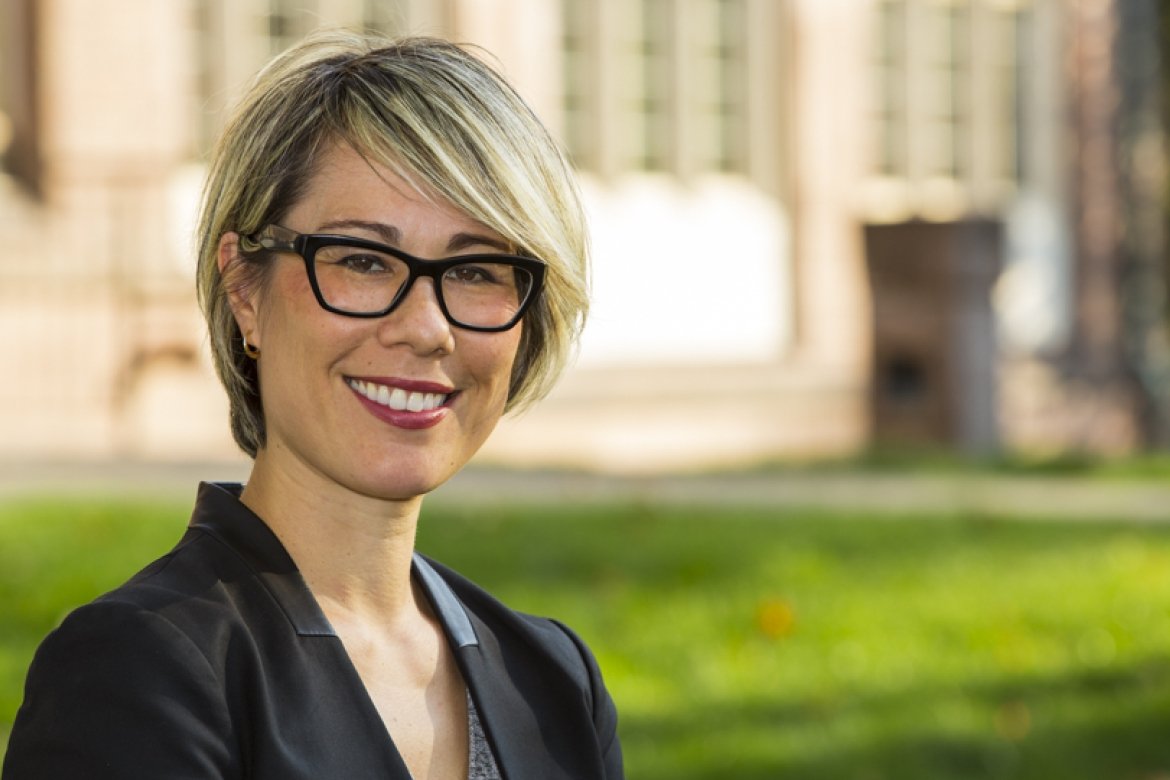The rise of COVID-19 and anti-Asian bias

Mount Holyoke professor Iyko Day argues that the rise in anti-Asian sentiment is fueled by both current leadership and capitalist principles.
By Keely Sexton
Iyko Day, professor of English, lays out an argument that the COVID-19 pandemic has stoked anti-Asian sentiment and reignited fears of disease-carrying foreigners in a recent article in the Monthly Review. She spoke on the topic on “Connecting Point” earlier in the year.
In the article, Day analyzes the historical depictions of Asian-ness as untrustworthy, sneaky and diseased with respect to the capitalist belief structures that spawned them. The contemporary national platform that anti-Asian sentiment has been given by President Donald Trump, Day argues, is a way to deflect attention from the true sources of blame for the rising pandemic.
“Not only are these desperate attempts to deflect scrutiny away from the incompetence and corruption of his administration,” she said, “but they should be read equally as efforts to use an Asian scapegoat to shift attention away from the failures of neoliberal capitalism.”